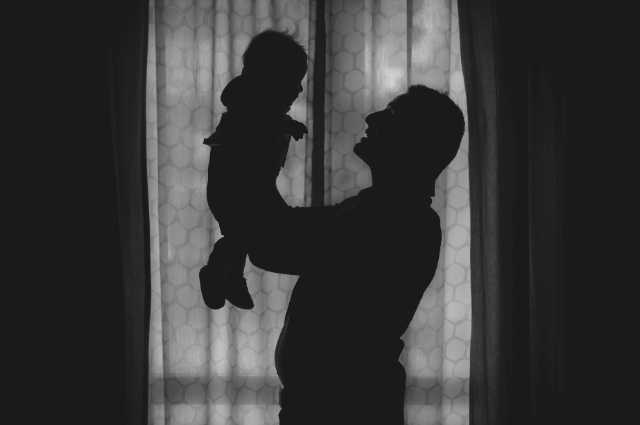
Photo by Alfonso Scarpa on Unsplash
Introduction
India is facing a deeply disturbing and horrific trend: the rise of sexual violence against infants. These crimes not only devastate the lives of the innocent victims but also shock the conscience of the nation. The urgency to address and eliminate this atrocity is paramount. Immediate and effective measures are required from all sectors of society, including the government, law enforcement, community organizations, and individuals, to protect the most vulnerable among us.
The Gravity of the Crisis
Recent reports have highlighted an alarming increase in infant rape cases across India. These are not just isolated incidents but a reflection of a broader societal problem that requires urgent attention. The brutality and inhumanity of these acts demand a strong and comprehensive response.
Factors Contributing to the Crisis
Several factors contribute to the prevalence of sexual violence against infants:
- Weak Legal Enforcement: Inadequate policing and delayed justice embolden perpetrators.
- Cultural Silence: Societal taboos and stigma surrounding sexual abuse often prevent victims and their families from seeking justice.
- Lack of Awareness: Insufficient education about child protection and sexual abuse exacerbates the issue.
- Social Inequality: Marginalized communities often lack the resources and support to protect their children effectively.
Proposed Actions and Solutions
To combat this crisis, a multi-faceted approach is required, involving legal reforms, educational initiatives, social support, and technological advancements.
Strengthening Legal Frameworks
- Harsher Penalties: Implement stringent penalties for sexual crimes against children to serve as a strong deterrent.
- Fast-Track Courts: Establish fast-track courts to ensure swift justice in cases of sexual abuse.
- Victim Protection: Ensure comprehensive protection measures for victims and their families, including witness protection programs.
Improving Law Enforcement
- Specialized Training: Provide specialized training for police officers and judicial staff to handle cases of child sexual abuse with sensitivity and efficiency.
- Community Policing: Promote community policing to build trust and cooperation between law enforcement and the public.
Enhancing Education and Awareness
- Sex Education: Introduce age-appropriate sex education in schools to teach children about their rights and how to seek help.
- Public Campaigns: Launch nationwide awareness campaigns to educate the public about the signs of abuse and the importance of reporting it.
Empowering Communities
- Support Groups: Create support groups for survivors and their families to provide emotional and psychological support.
- Community Watch Programs: Establish community watch programs to monitor and report suspicious activities.
Utilizing Technology
- Helplines and Apps: Develop and promote helplines and mobile apps for reporting abuse and providing immediate assistance.
- Database of Offenders: Maintain a national database of sexual offenders to prevent repeat offenses and ensure thorough background checks.
Conclusion
The rise in infant rape cases in India is a grim reminder of the urgent need for comprehensive and decisive action. By strengthening legal frameworks, improving law enforcement, enhancing education and awareness, empowering communities, and utilizing technology, we can create a safer environment for our children. Protecting the future of our nation means safeguarding the rights and dignity of every child. It is a collective responsibility that demands immediate and unwavering commitment from all sectors of society.
